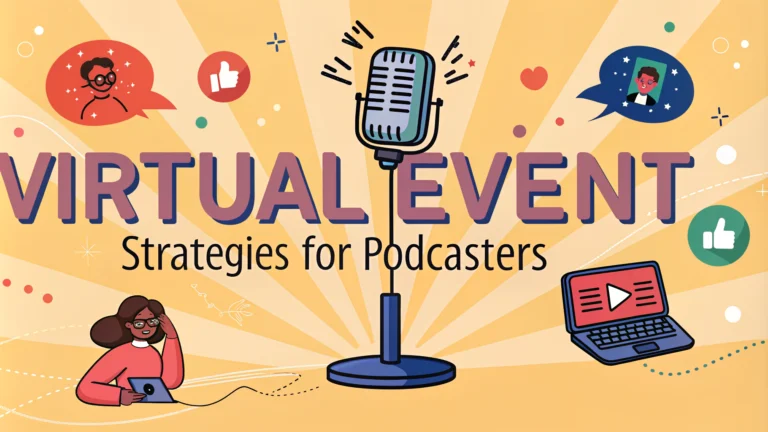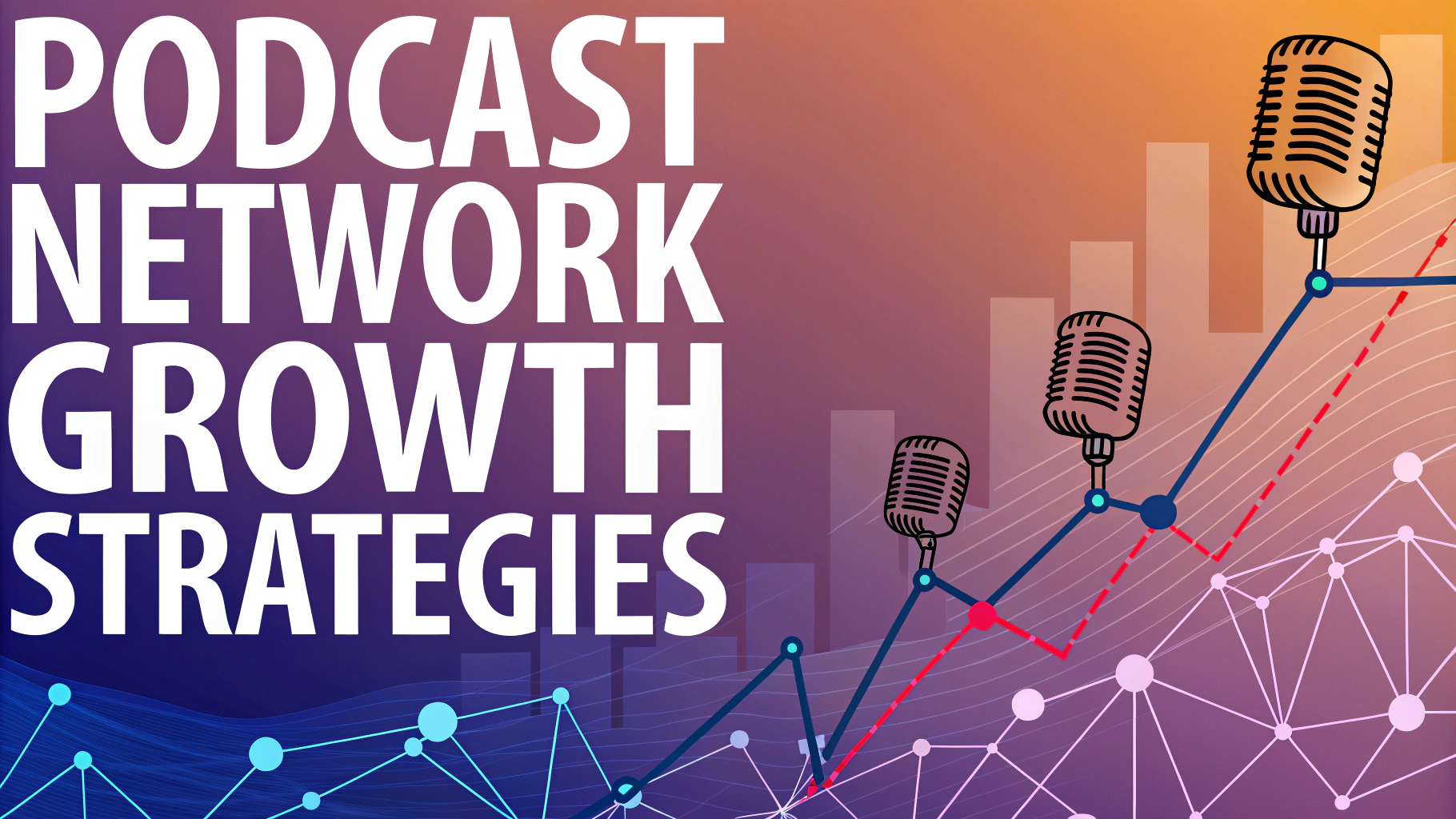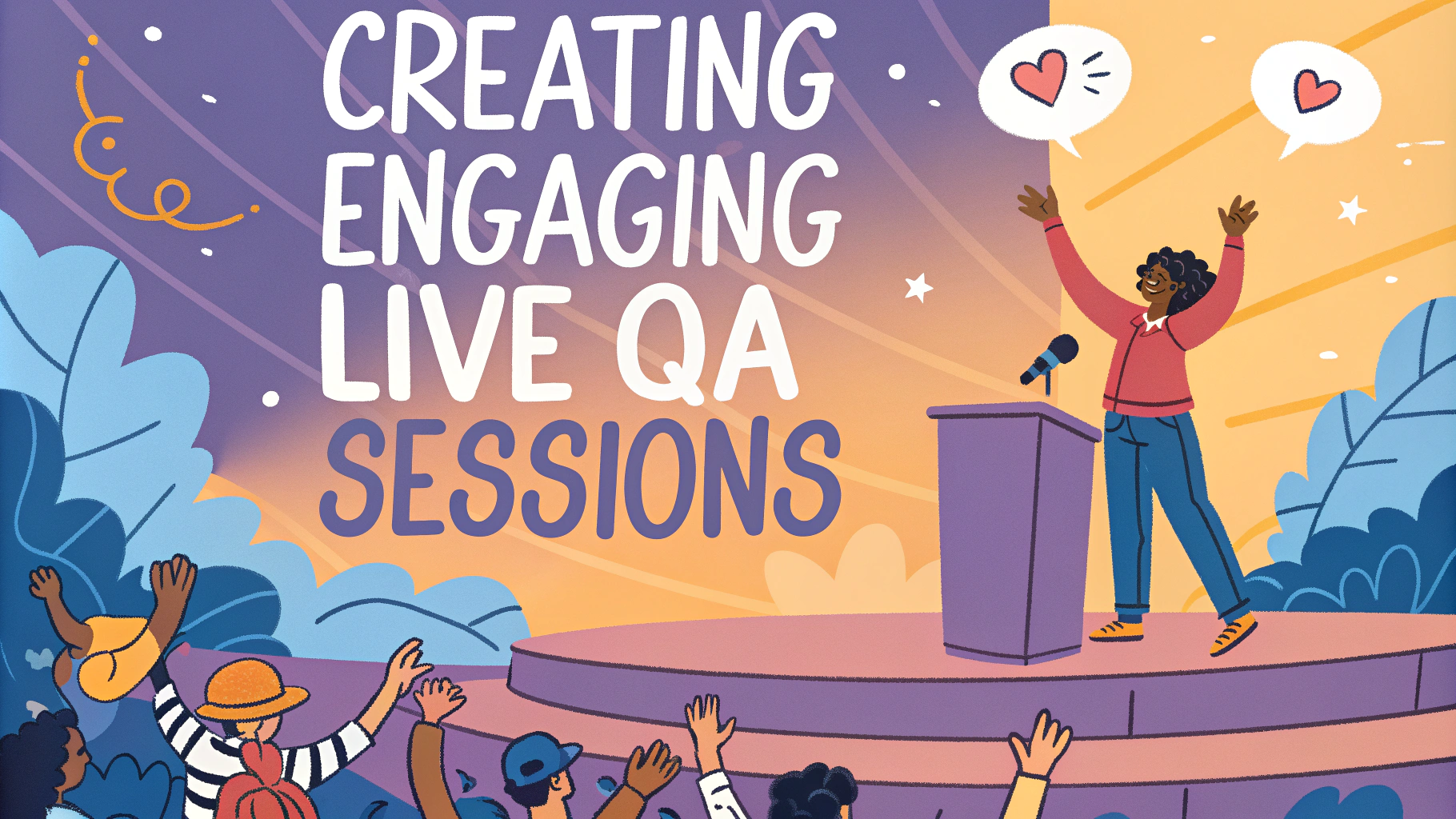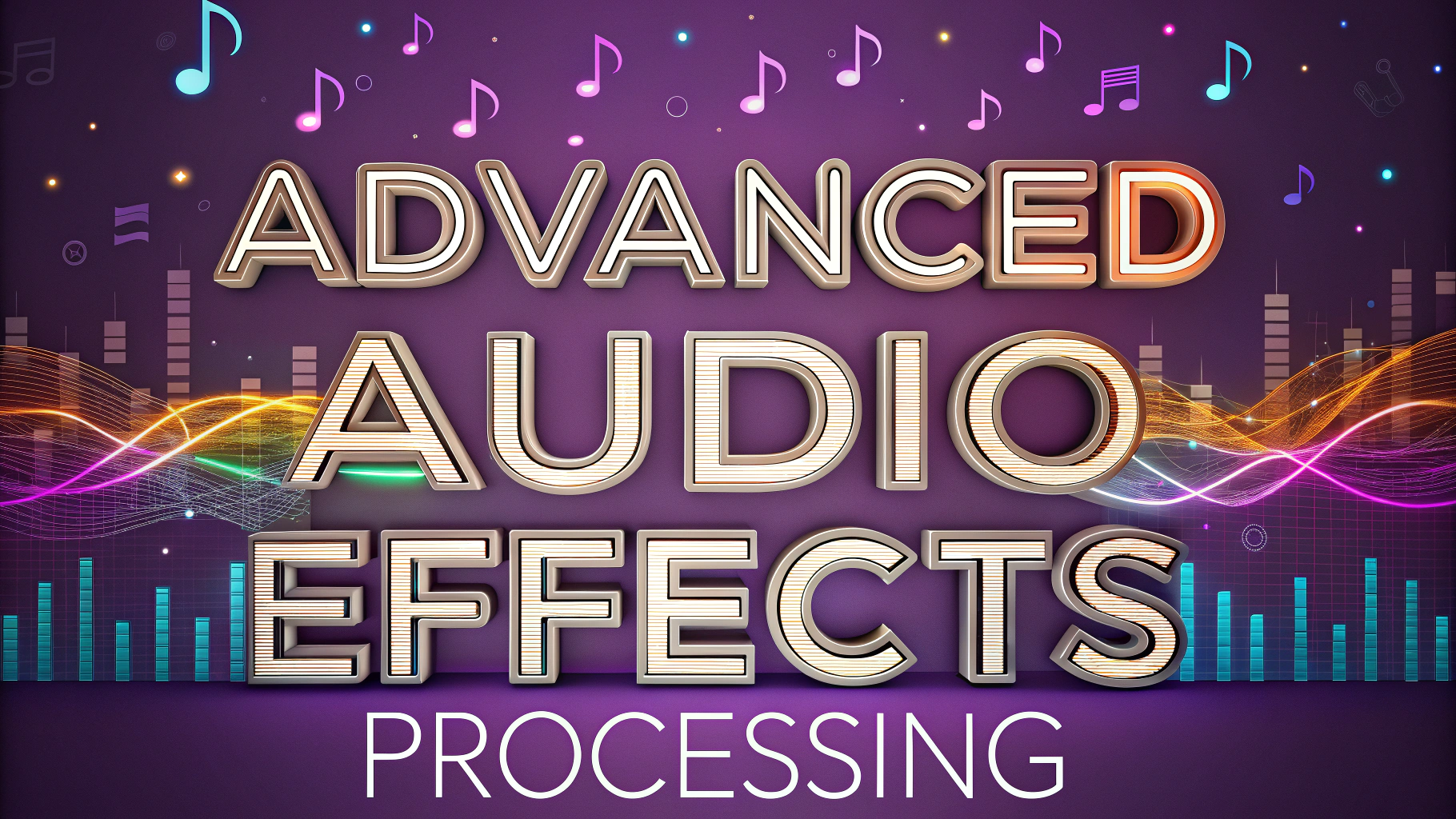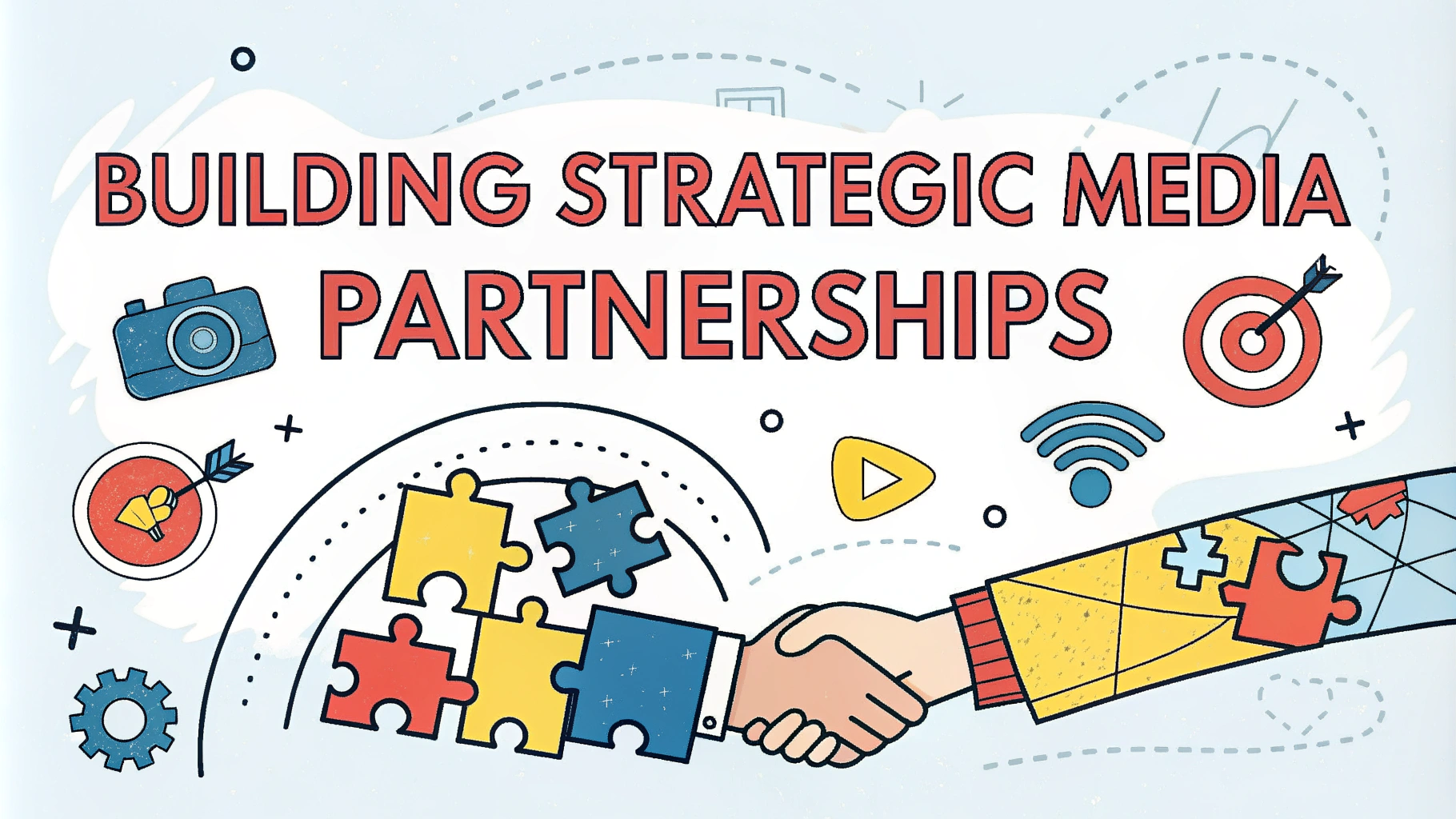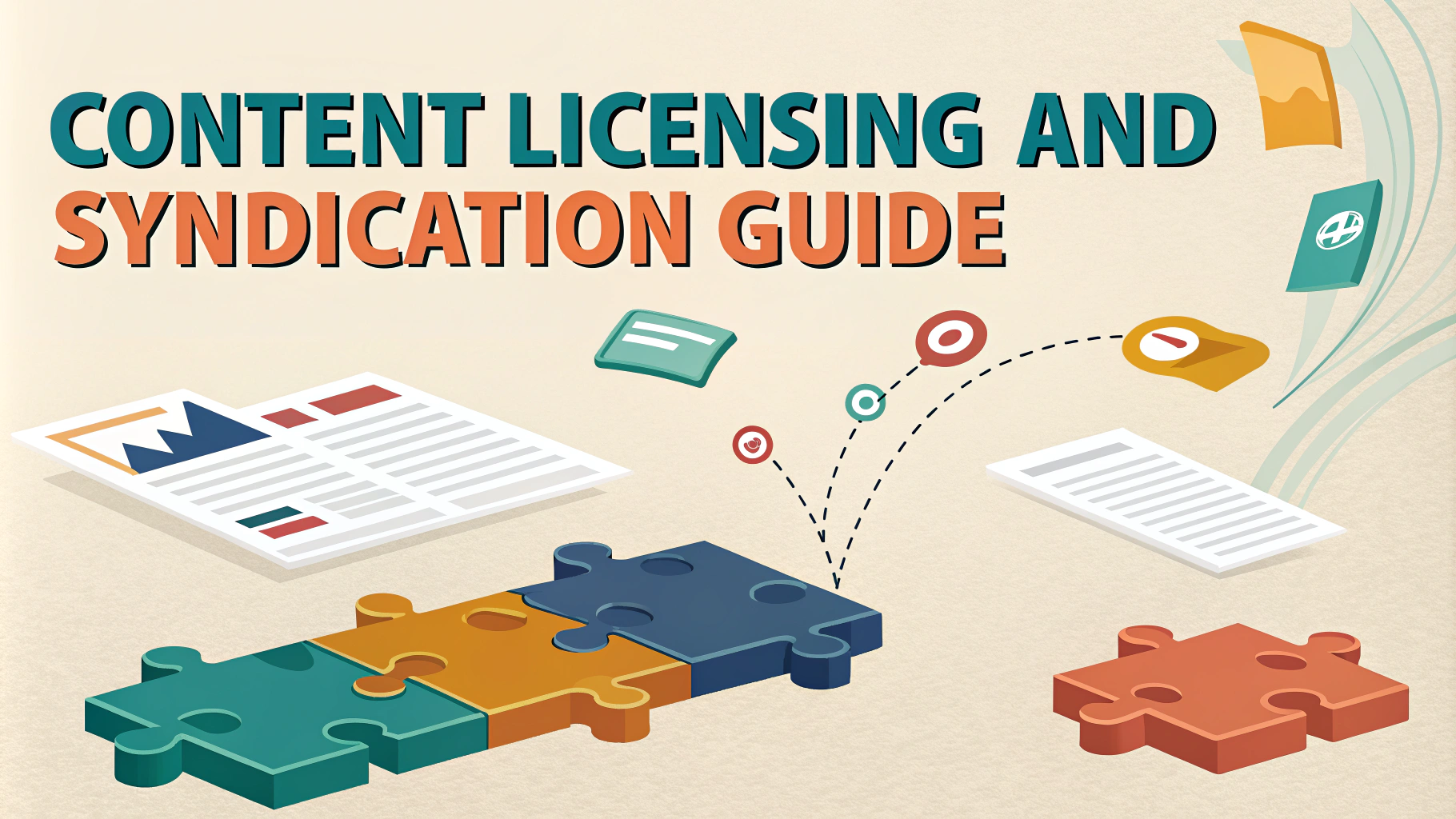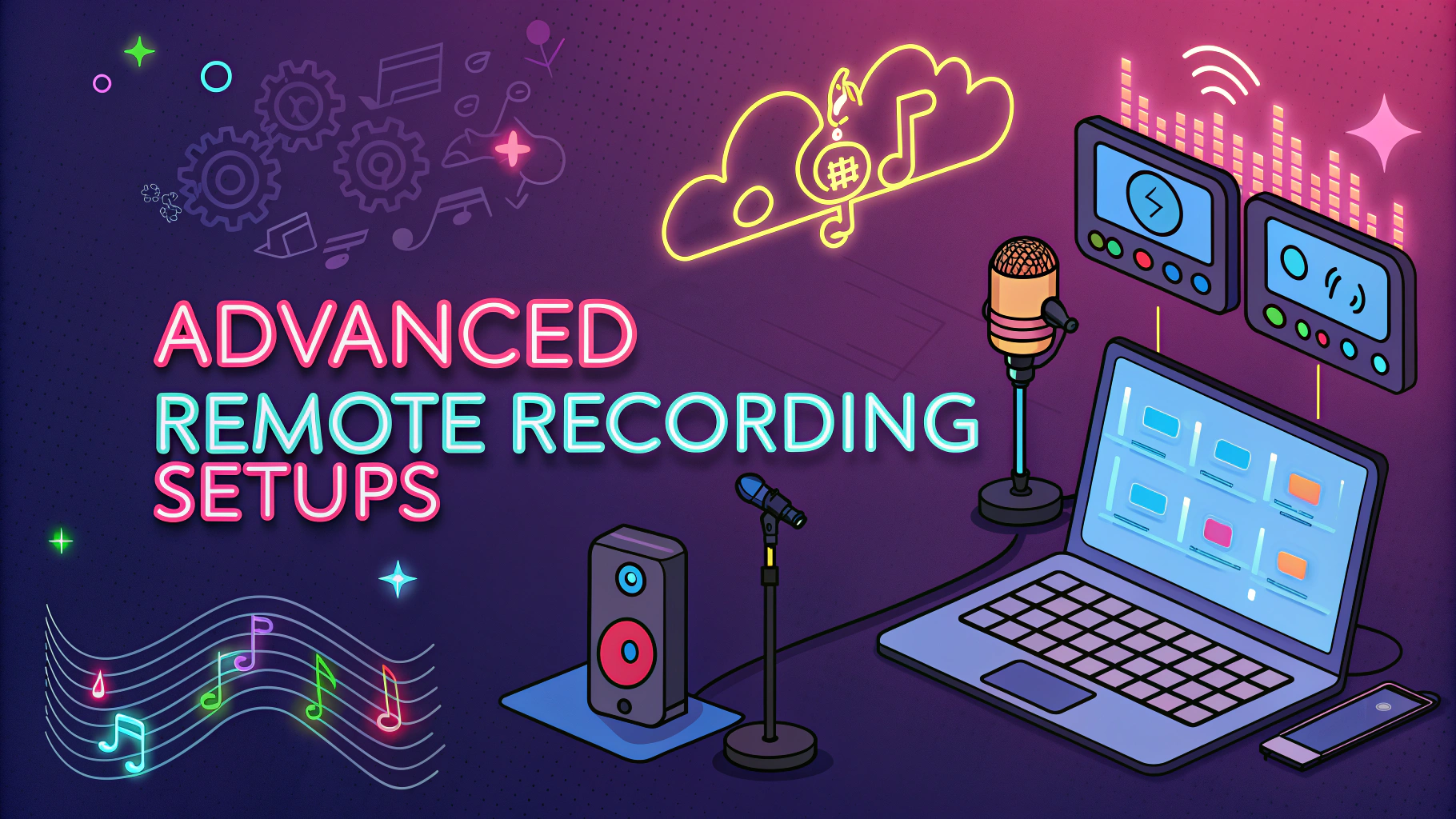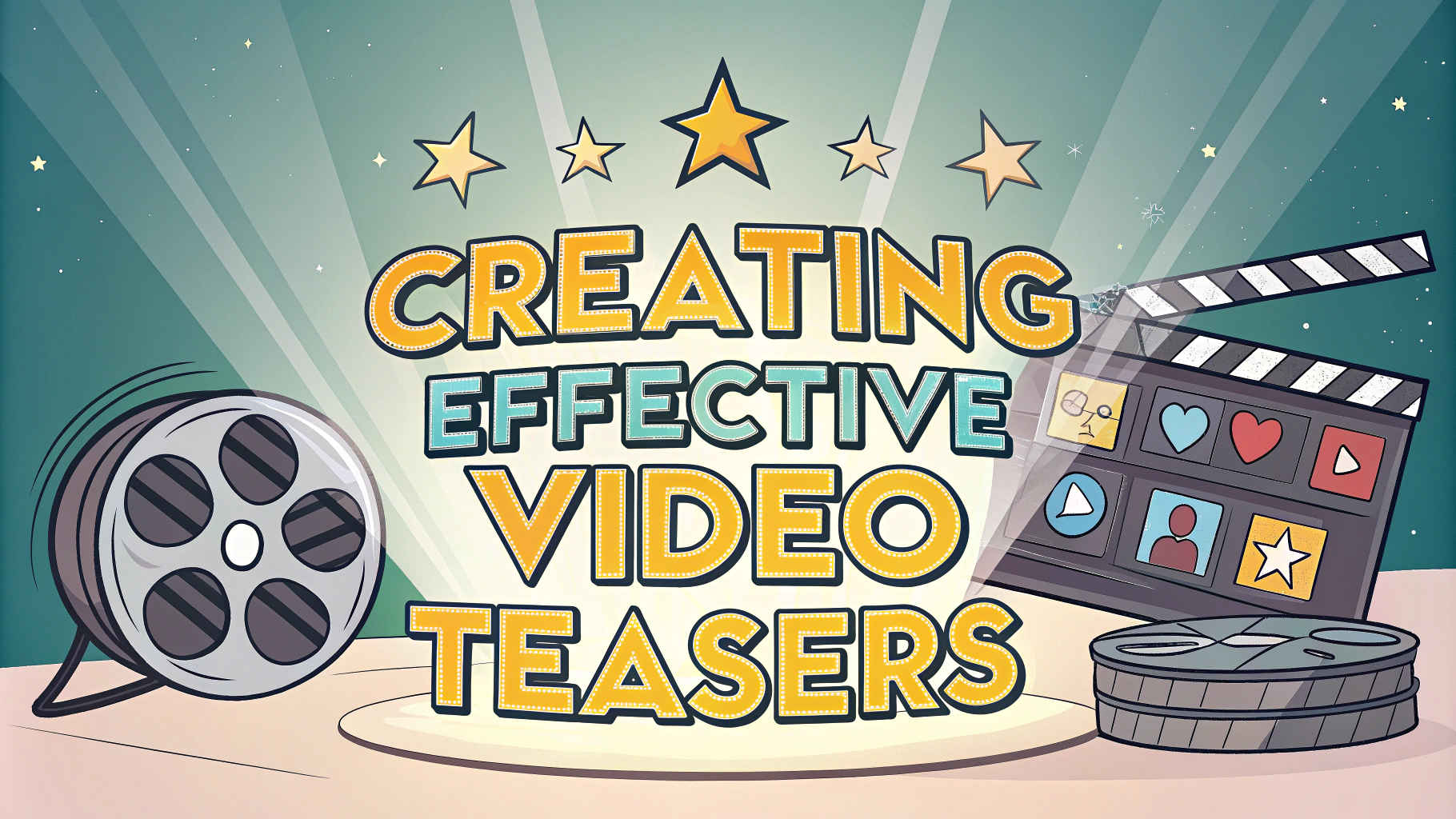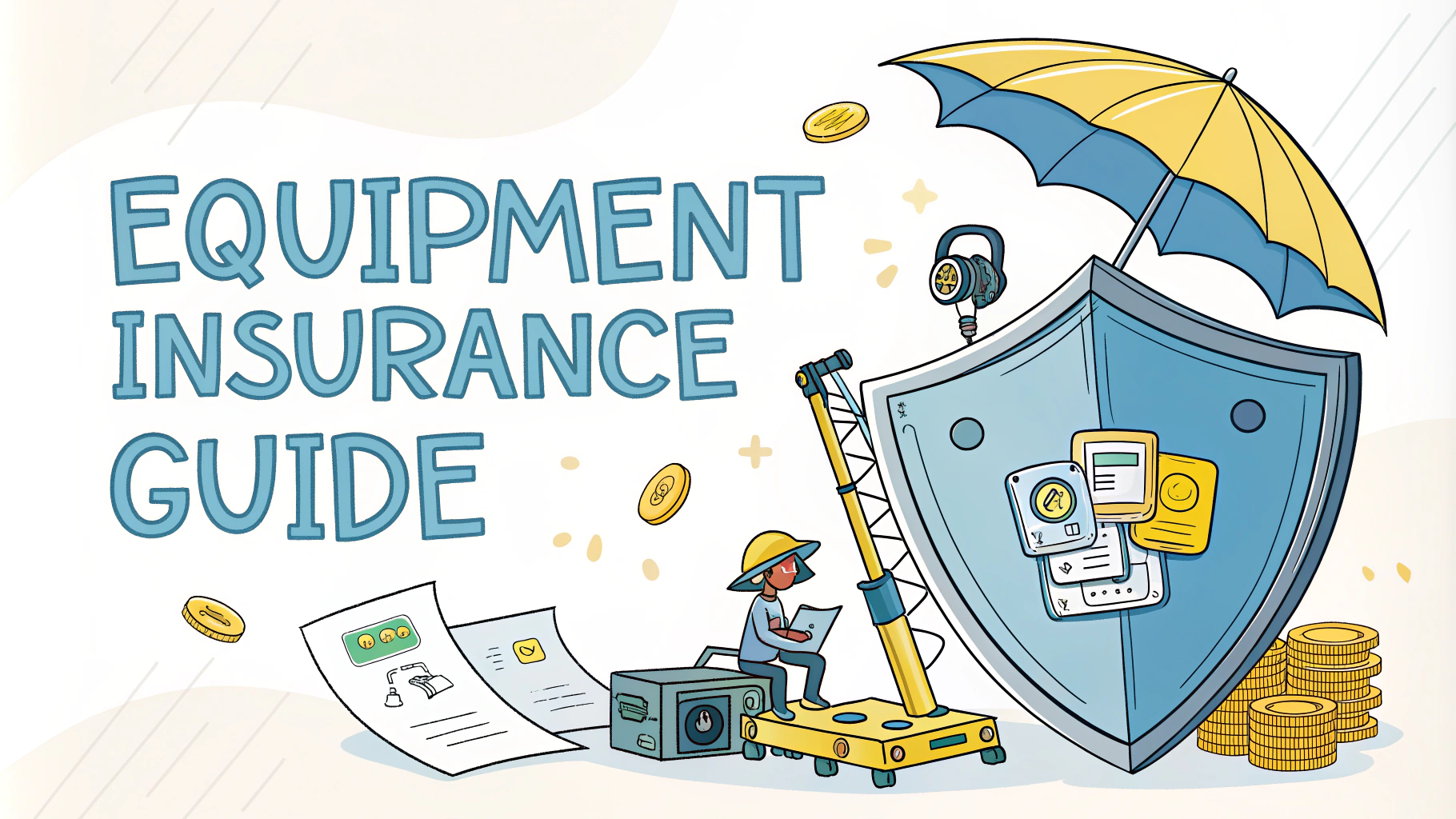Podcasters worldwide are discovering innovative ways to connect with their audiences through virtual events, transforming traditional listener relationships into dynamic, interactive experiences.
Virtual events allow podcast creators to build stronger communities, generate additional revenue streams, and provide exclusive content while maintaining the intimate connection that makes podcasting special.
This guide explores practical strategies for planning, promoting, and hosting successful virtual events that complement your podcast and enhance listener engagement.
Types of Virtual Events for Podcasters
- Live podcast recordings with audience participation
- Q&A sessions and meet-and-greets
- Virtual workshops and masterclasses
- Online conferences and summits
- Member-exclusive listening parties
Technical Setup Essentials
A reliable streaming platform forms the foundation of your virtual event – popular options include StreamYard, Zoom, or Restream.
- Equipment needed:
- High-quality microphone (Blue Yeti or Shure SM7B)
- HD webcam (Logitech C920 or higher)
- Stable internet connection (minimum 10Mbps upload)
- Professional lighting setup
Planning Your Virtual Event
- Pre-event checklist:
- Set clear objectives and format
- Choose appropriate date and time across time zones
- Create promotional content
- Test all technical equipment
- Prepare backup plans for technical issues
Monetization Strategies
Virtual events offer multiple revenue opportunities for podcasters.
- Revenue streams:
- Tiered ticket pricing
- VIP access packages
- Virtual merchandise sales
- Sponsor partnerships
- Recording sales post-event
Promoting Your Virtual Event
- Announce during podcast episodes
- Email newsletter campaigns
- Social media content calendar
- Partner cross-promotion
- Early-bird pricing incentives
Engagement Techniques
- Interactive elements:
- Live polls and surveys
- Chat moderation
- Breakout rooms for small group discussions
- Live Q&A segments
- Virtual networking opportunities
Post-Event Success Steps
- Send follow-up emails with event recordings
- Collect feedback through surveys
- Share highlights on social media
- Create bonus content from event material
- Plan future events based on attendee input
Tools and Resources
| Category | Recommended Tools |
|---|---|
| Event Management | Eventbrite, Hopin, HeySummit |
| Streaming Platforms | StreamYard, Restream, OBS Studio |
| Payment Processing | Stripe, PayPal, Square |
| Marketing Tools | Canva, Mailchimp, Buffer |
Making Virtual Events Work Long-Term
Build a sustainable virtual event strategy by incorporating regular online gatherings into your podcast’s content calendar and community-building efforts.
Track metrics like attendance rates, engagement levels, and revenue to refine your approach for future events.
Remember that successful virtual events complement your podcast content while providing unique value that keeps audiences coming back for more.
Measuring Event Success
Track key performance indicators (KPIs) to evaluate your virtual event’s impact and improve future gatherings.
- Essential metrics:
- Ticket sales and revenue generated
- Attendance rate vs. registrations
- Engagement metrics (chat activity, poll participation)
- Social media mentions and shares
- Post-event survey responses
Scaling Your Virtual Events
- Growth strategies:
- Create event series or seasons
- Develop partnerships with other podcasters
- Build recurring membership programs
- Expand into different event formats
- Invest in advanced production quality
Common Challenges and Solutions
| Challenge | Solution |
|---|---|
| Technical difficulties | Multiple backup systems and rehearsals |
| Audience engagement | Interactive elements and professional moderators |
| Time zone coordination | Strategic scheduling and recorded options |
| Revenue generation | Diverse monetization strategies |
Transforming Listeners into Community Members
Virtual events serve as powerful tools for converting passive listeners into active community participants who feel personally invested in your podcast’s success.
Focus on creating memorable experiences that provide value beyond your regular podcast content, encouraging long-term engagement and sustainable growth for your show.
Remember that each virtual gathering strengthens the bonds within your podcast community while opening new opportunities for content creation and audience expansion.
FAQs
- What equipment do I need to host a virtual podcast event?
A reliable internet connection, professional microphone, webcam, streaming software (like OBS or Streamyard), and a quiet space with good acoustics. - Which platforms are best for hosting virtual podcast events?
Popular platforms include Zoom, YouTube Live, Twitter Spaces, Discord, and Streamyard. Each offers different features for audience interaction and streaming quality. - How do I monetize my virtual podcast events?
Through ticket sales, sponsorships, virtual merchandise, exclusive content access, VIP meet-and-greets, and super chat or tipping features during live streams. - What’s the ideal duration for a virtual podcast event?
60-90 minutes is optimal, allowing time for content presentation, audience interaction, and Q&A while maintaining engagement without fatigue. - How can I ensure good audio quality during virtual events?
Use a dedicated USB or XLR microphone, test audio levels beforehand, ensure participants use headphones to prevent echo, and have backup audio recording options. - What’s the best way to handle audience interaction during virtual events?
Use moderated chat features, planned Q&A segments, polls, and virtual “raise hand” features. Assign a moderator to manage audience questions and comments. - How should I promote my virtual podcast event?
Utilize social media, email newsletters, podcast episodes, cross-promotion with other podcasters, paid advertising, and create event landing pages with clear registration details. - What contingency plans should I have for technical issues?
Have backup internet connections, alternative streaming platforms ready, pre-recorded content available, and a clear communication plan to inform audiences about technical difficulties. - How can I make my virtual event more engaging than regular podcast episodes?
Include visual elements, guest speakers, live demonstrations, audience participation segments, and exclusive behind-the-scenes content. - What metrics should I track for virtual podcast events?
Monitor attendance numbers, engagement rates, chat activity, watch time, ticket sales, audience retention, and post-event survey feedback.
